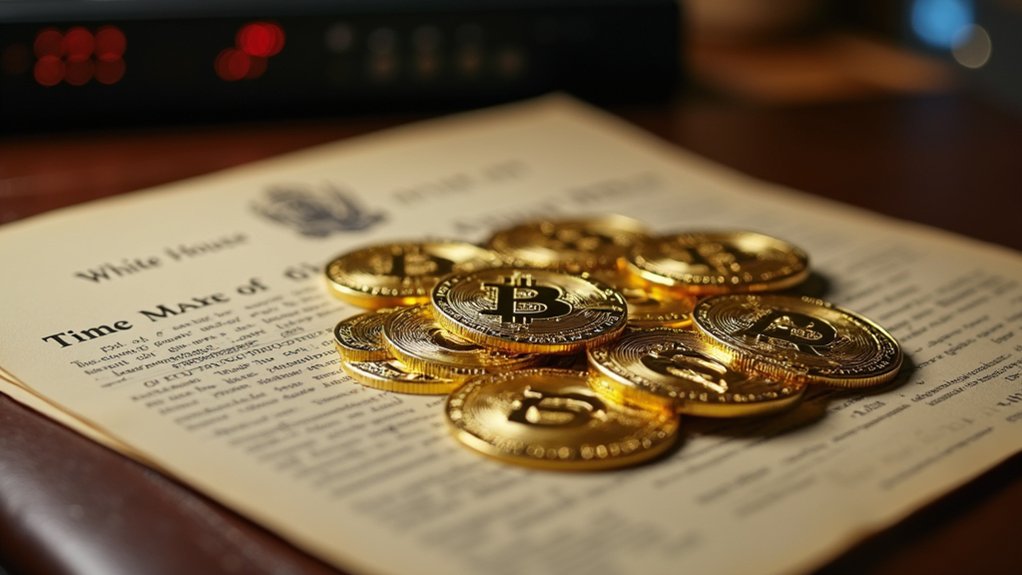While most billionaires content themselves with acquiring social media platforms and launching rockets into space, Elon Musk has decided to add political party formation to his already eclectic portfolio—announcing the creation of the “America Party” following a rather public falling-out with Donald Trump over what Musk termed the fiscally ruinous “Big Beautiful Bill.”
The venture, born from Musk’s apparent frustration with a political system he characterizes as wasteful and graft-ridden, ostensibly aims to capture that mythical 80% of Americans occupying the political middle ground (a figure derived from one of Musk’s own polls, naturally).
The genesis of this political pivot traces back to Musk’s role as Trump’s largest individual donor and close adviser during the 2024 campaign—a relationship that soured spectacularly when Trump supported domestic policy legislation that Musk believed would balloon the federal deficit by trillions.
The irony that Musk’s opposition partly stemmed from cuts to electric vehicle tax credits affecting Tesla’s bottom line was apparently lost on no one except perhaps Musk himself.
Yet the America Party‘s actual formation remains more aspirational than operational. No Federal Election Commission filings have materialized, and the labyrinthine process of securing ballot access across fifty states—dominated by entrenched Democratic and Republican machinery—presents formidable obstacles.
Additionally, federal contribution limits applying to political parties would constrain Musk’s ability to deploy unlimited funds, unlike his super PAC America PAC, which can accept infinite donations while maintaining candidate independence.
The regulatory framework creates an intriguing paradox: Musk’s existing super PAC offers greater financial flexibility than his proposed party structure, raising questions about whether this represents genuine political reformation or elaborate political theater. Given the multi-jurisdictional regulations that complicate various complex financial endeavors, political party formation faces similar bureaucratic hurdles across different states and federal oversight mechanisms.
Treasury Secretary Scott Bessent has expressed skepticism about board support for the venture, while political observers debate whether the America Party constitutes meaningful disruption or merely another billionaire’s expensive hobby.
Nevertheless, Musk’s continued backing of Republican primary challengers opposing Trump’s legislation suggests his political engagement transcends mere posturing. The America Party aims to become politically active in upcoming midterm elections, with an initial focus on supporting candidates in select House and Senate races. Building a national political party represents a multi-year project requiring substantial resources and sustained commitment beyond typical election cycles.
Whether the America Party evolves beyond social media announcements into viable electoral competition remains the ultimate test of Musk’s latest disruption ambitions.






